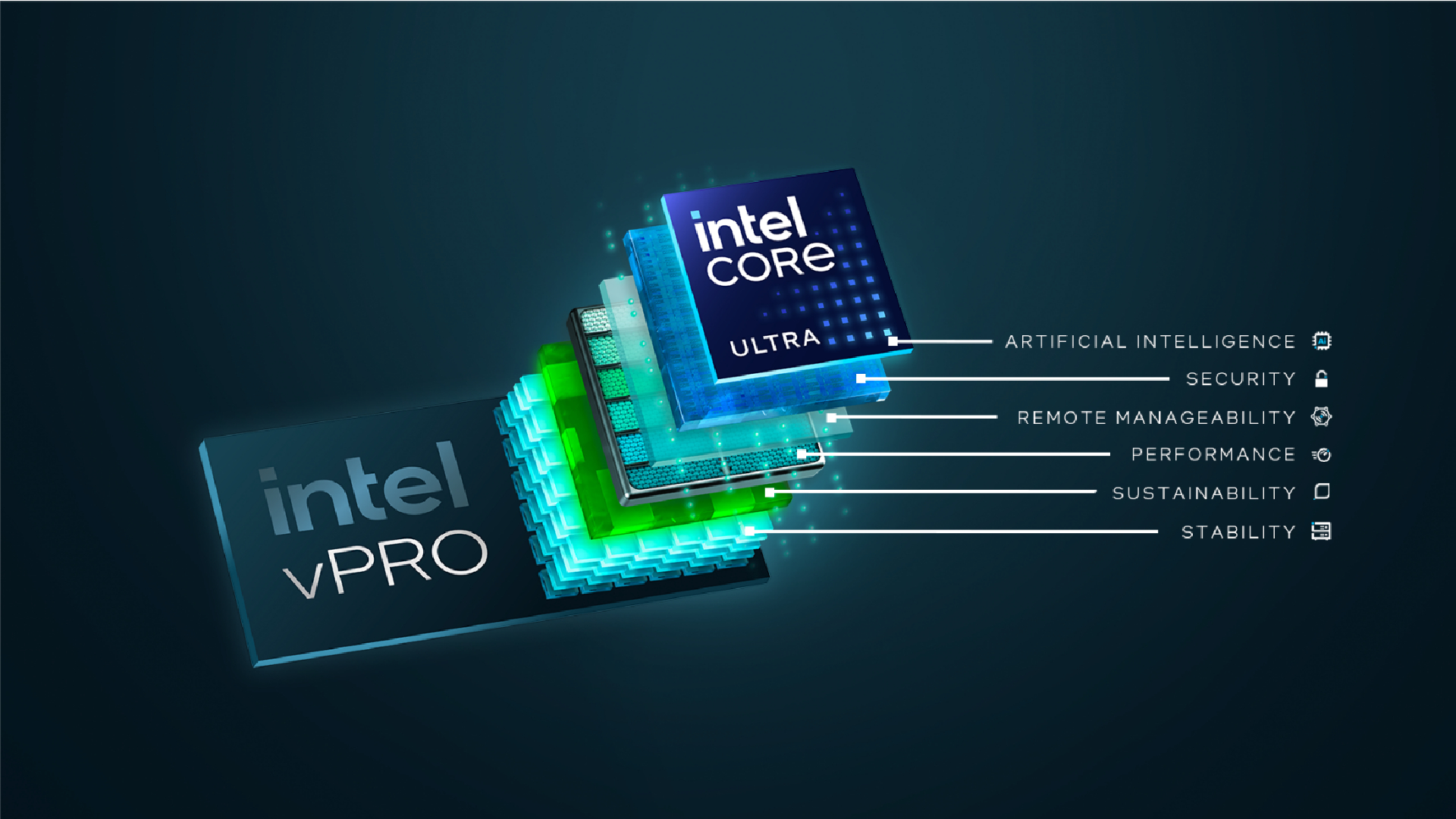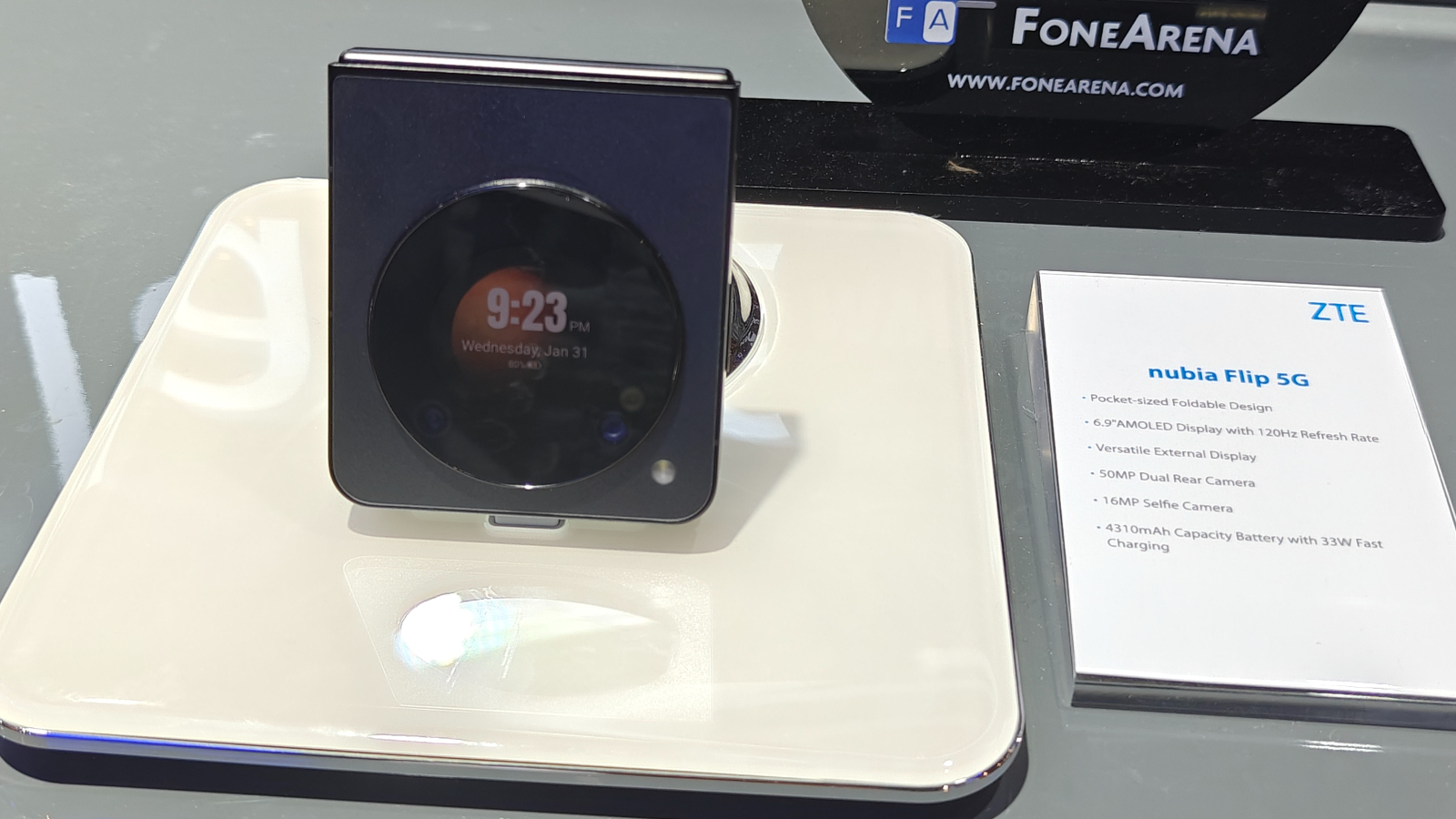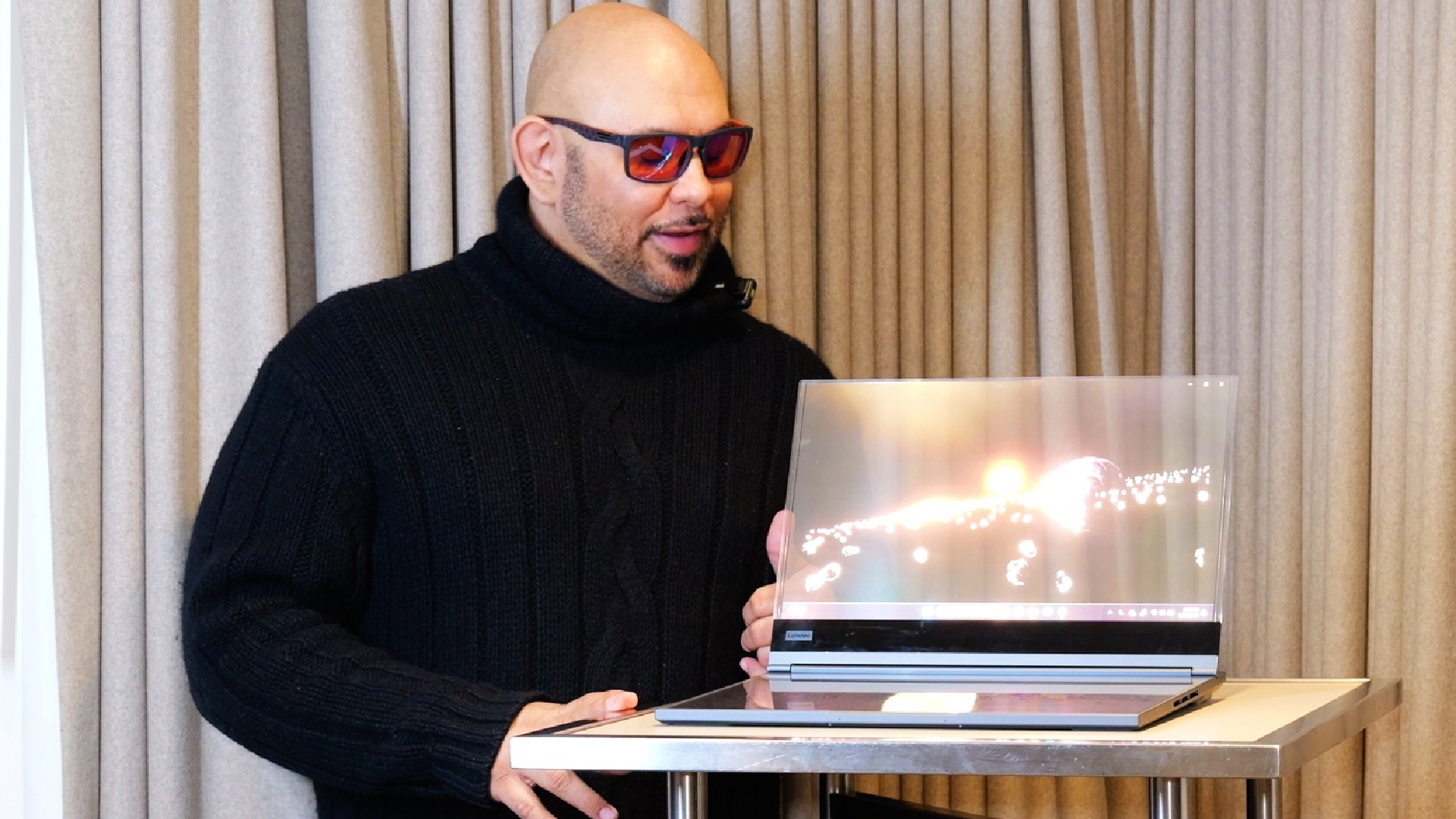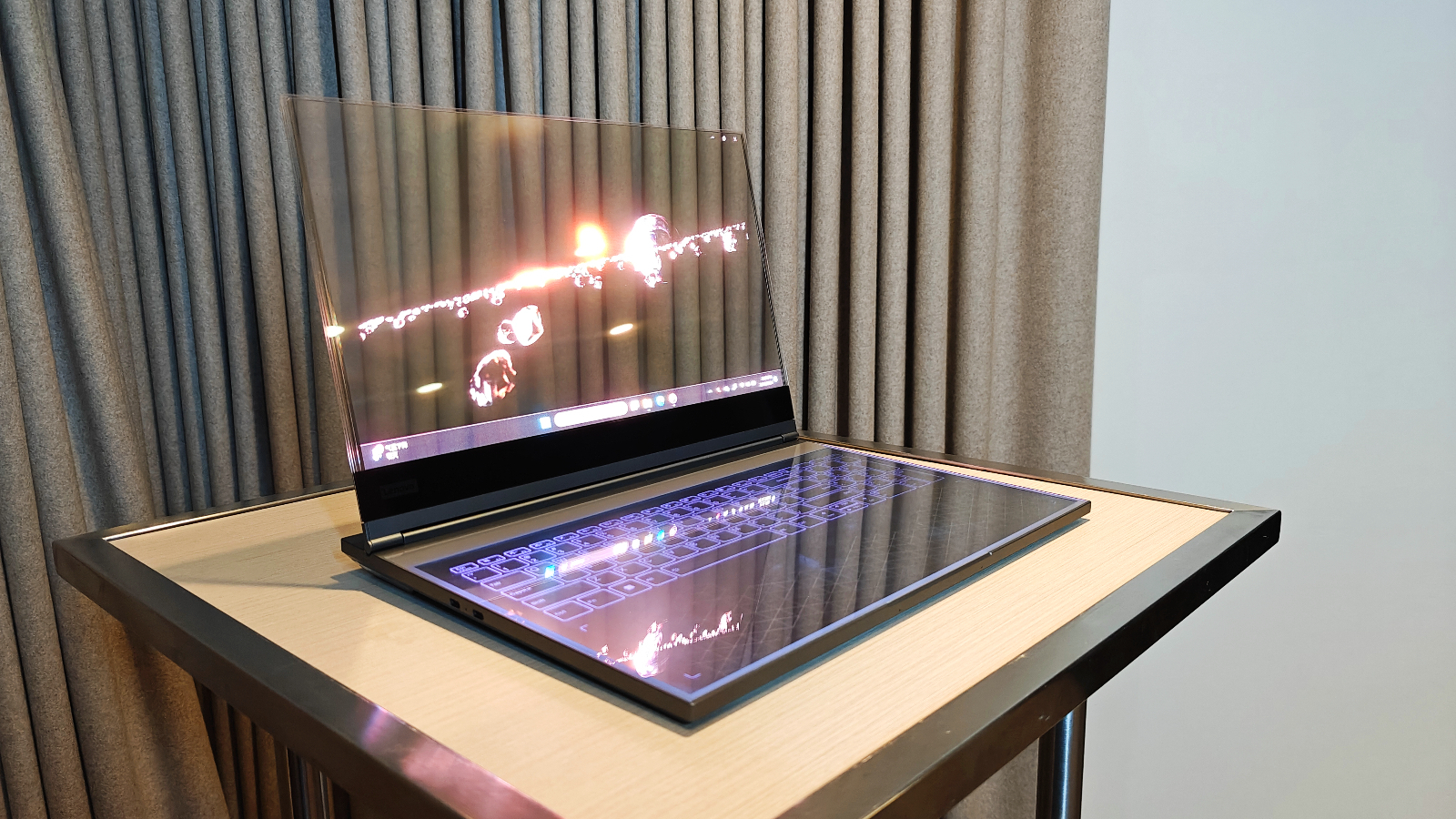
I just got back from MWC 2024 in Barcelona and while I saw dozens and dozens of products and got a chance to talk to many of the biggest players in tech, I wanted to drill down to 5 key takeaways from the event. My personal highlight was indulging in the city's amazing food scene, despite the consequences! Regardless, I persevered and engaged with numerous companies, from established giants like Lenovo, Intel, and Qualcomm to lesser-known brands not found in the US. I got my hands-on devices from Oppo and ZTE, even catching a glimpse of future air taxis for US cities.
Intriguing as the air taxis may be, you aren't catching me on one soon, so here's a look at the tech that I think could deliver the biggest impact over the next year and beyond.
Qualcomm Snapdragon X Elite

Wandering the halls of MWC, I encountered the Qualcomm booth almost immediately. Navigating Fira de Barcelona, Gran Via, involved some initial effort or luck, as I was unfamiliar with the venue. However, finding Qualcomm first was serendipitous!
I was excited to see demos showcasing image and video rendering capabilities on sample Qualcomm Snapdragon X Elite laptops, compared to a laptop powered by an Intel Core Ultra 7 155H CPU with Arc GPU and NPU. As expected, the X Elite completed tasks faster. However, when I inquired about specific specs, they deflected, raising a red flag. It's understandable given embargo restrictions, but the potential for performance disparity due to differences in RAM configurations (e.g., if the X Elite device had double the RAM) remains a concern, especially considering the recent supposed GeekBench test leak involving a Lenovo laptop with a Qualcomm X Elite CPU.
Let me be clear: I don't anticipate the X Elite to be underwhelming or a failure. I believe it signifies a significant leap forward for Qualcomm and Windows on ARM. Based on initial impressions, the low-power 23W model seems to offer performance similar to that of the M2 chip and current Intel Core Ultra processors. However, Intel's continuous driver updates keep improving Core Ultra performance, putting the X Elite at a potential disadvantage. Additionally, developers need time to create applications that function natively with the ARM-based chipset and that take full advantage of the AI capabilities of these new chips.
Intel

Since the December 2023 launch, Intel's Core Ultra chipsets have garnered my close attention. They've established themselves as frontrunners in the AI-powered laptop market, collaborating with OEMs to deliver laptops equipped with not only an NPU but also the continuously evolving Integrated Arc GPU.
At both AI Everywhere in New York City and CES, Intel's Robert Hallock emphasized the Arc GPU's significant performance gains expected within the first year through driver updates. Recent updates have demonstrably improved gaming performance, with Just Cause 4 showing a 155% boost and Assassin's Creed: Syndicate seeing a 65% increase.
Additionally, Intel introduced the vPro versions of the Core Ultra line. These vPro variants hold promise for potential battery life improvements and AI-enhanced security features.
Combining these advancements with Microsoft's Copilot gives OEMs a powerful platform to create lightweight powerhouses capable of delivering all-day battery life. This paves the way for them to effectively compete with the likes of Apple. Finally, Intel also announced the Arc Pro, catering to users requiring workstation-grade performance while prioritizing extended battery life.
Microsoft Copilot

Microsoft's Copilot received a dedicated button and a feature update, making it an increasingly integral part of the Windows laptop experience. By leveraging NPUs more effectively, it tackles tasks like image generation, document creation, email response, and news summarization, rapidly becoming the best aspect of Windows 11, an OS that initially faced quite a bit of criticism.
During MWC, I experienced demos highlighting its enhanced Windows integration. It now appears useful for various tasks, including web browsing, email management, data collection, and enhancing my overall user experience and security.
My personal favorites include Copilot's ability to summarize emails and news articles while reminding me of crucial information throughout the day as I gather data for work. It has also saved me valuable time by summarizing news and emails and assisting with image creation and design.
Now if the rest of Windows OS could get it together....maybe Windows 11 24H2.
Phones

I first encountered and wrote about Moto's wrist-wrapable (bendable) phone at Lenovo Tech World in Austin, Texas, in Fall 2023. It's a fun, flexible device that users can wear and manipulate into semi-circular shapes. However, it remains a concept device, so not something I expect to see shipping anytime soon.
I was eager to see the Oppo Find 3 foldable, a potential US competitor to the Samsung Galaxy Z Flip and Moto Razr. As a fan of OnePlus, a cousin brand to Oppo, I hope we see a OnePlus variant in the US with Hasselblad-tuned cameras and Oxygen OS.
However, the star of MWC was ZTE's Nubia Flip 5G, retailing in the UK for 599 euros. It features a 6.9-inch (unfolded) 120Hz AMOLED main display, a charming circular window display for viewing messages while closed, a 50MP main camera, and a 16MP selfie camera. As you can tell by all the fingerprint smudges in the image, it got a lot of attention and probably caught a cold or worse.
Overall, the Nubia Flip 5G feels pleasant and comes in white, black, and lavender. While it folds flat, a noticeable crease remains where the display folds. It also feels slightly like a toy, raising concerns about durability in my pocket. Loose change rattling could potentially damage it, but I could be wrong and would love to test it further.
Lenovo's Transparent Concept Laptop

Lenovo's Project Crystal, a transparent concept laptop with AR capabilities, stole the show at MWC 2024, proving that innovation isn't confined to flying cars. While pictures and videos can't capture its full brilliance, the device's display, even at the demo stage, renders images and videos remarkably well.
Beyond its captivating visuals, Project Crystal's true potential lies in its ability to interact with the environment through a rear-mounted camera, enabling immersive augmented reality experiences.

This forward-thinking design, from a company traditionally known for enterprise solutions, is a pleasant surprise and hints at the exciting possibilities just around the corner.
Combined with the latest generation of AI PC CPUs, Project Crystal has the potential to be a game-changer within a few short years. Additionally, Lenovo's collaboration with iFixit to create a user-serviceable laptop is another commendable step towards a more sustainable future.
Final Thoughts
While we may never materialize the gravity-defying flying car dreams from "The Jetsons," MWC 2024 offered a glimpse into a future filled with exciting advancements. We should see positive leaps forward as the days of scrambling for a charger every few hours may soon end. Manufacturers are prioritizing longer battery life, offering users unparalleled freedom and convenience.
MWC 2024 highlighted the growing importance of sustainability and user empowerment in the tech industry. Companies like Lenovo are leading the way with user-friendly and repairable devices, promoting both a more eco-conscious future and consumer control over their technology. Additionally, the industry is embracing environmentally friendly materials and practices, paving the path for a greener tech landscape.
Beyond sustainability, advancements in AI integration and innovative designs are pushing the boundaries of user experience. Features like Microsoft's CoPilot and Intel's AI-powered processors are enhancing functionality, while concepts like Lenovo's Project Crystal showcase the potential for AR integration and a blending of the physical and digital worlds.
These advancements suggest a future where PC manufacturers like Lenovo offer compelling alternatives to established players like Apple, providing users with greater choice and value. While Apple remains a force to watch, the tech landscape is becoming increasingly competitive, offering consumers a wider range of options and pushing the boundaries of innovation. MWC 2024 served as an exciting glimpse into the future of technology, leaving me optimistic about how these advancements will shape our lives and how we interact with the world around us.







